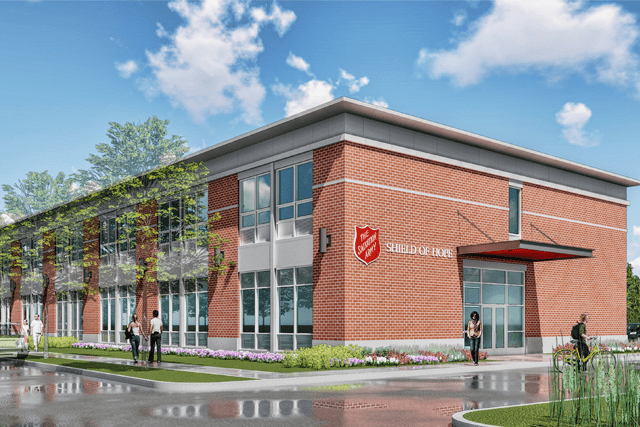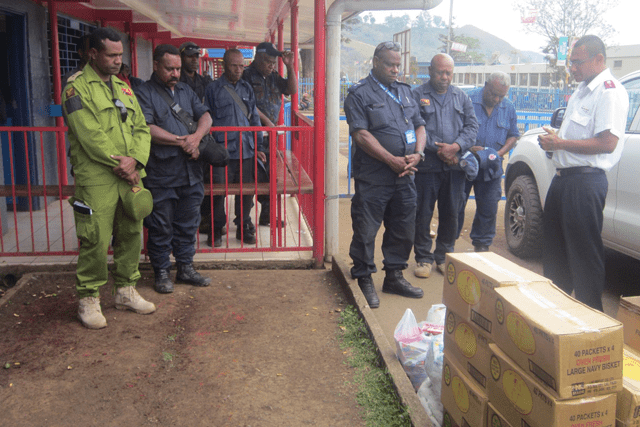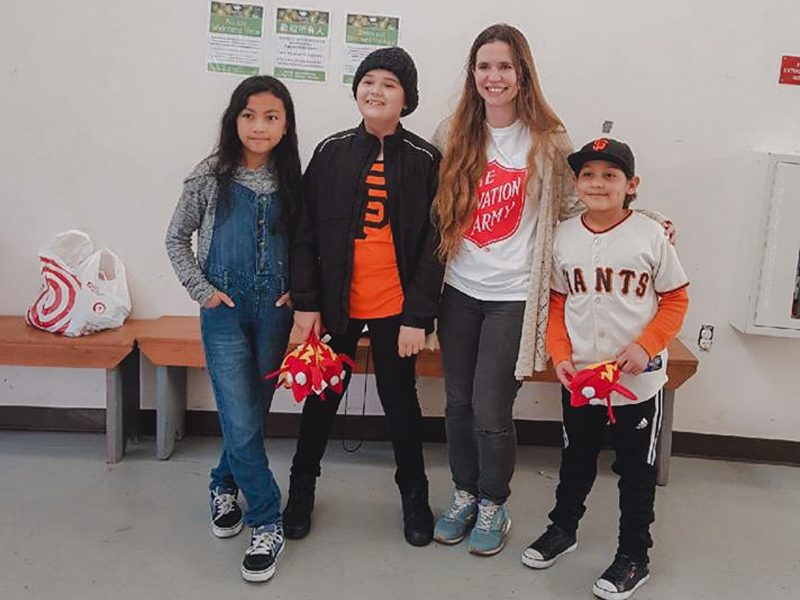Listen to this article
Listen to this article
Loading
Play
Pause
Options
0:00
-:--
1x
Playback Speed- 0.5
- 0.6
- 0.7
- 0.8
- 0.9
- 1
- 1.1
- 1.2
- 1.3
- 1.5
- 2
Audio Language
- English
- French
- German
- Italian
- Spanish
Open text
how to know if you’re apologizing the right way. a genuine apology can go a long way in addressing hurt. we’ve all wronged someone in our past. we’ve done something or said something that hurt someone we cared about and it put our relationship with them in limbo. when this happens, we have to determine how to mend the relationship. the way we apologize will greatly influence the possibility of reconciliation with the person we’ve hurt. apologizing to someone is uncomfortable. it forces us to face the fact that yes, we are the type of person who can say or do something offensive to someone. it knocks us off the golden pedestal we put ourself on when we’re not paying attention. a genuine apology both humbles us and shows that the relationship with the person we offended is more important to us than our pride. here are a few qualities of a genuine apology. do it in person. this may seem like a no-brainer, but technology has given us the opportunity to send someone an “are we ok?” text as an apology in favor of having to ask for forgiveness in person. there is a comfort appeal in using a screen to facilitate uncomfortable conversations, but seeking forgiveness stands on its own. if there’s considerable mileage between you and the person you offended, call them. a real-time conversation is more genuine than a few perfectly crafted text messages. check your language. “i’m sorry if you,” “i’m sorry that you,” and “i’m sorry but” all shift the focus and blame from you to the person who was offended and imply fault on their end. it might make you feel justified to air the grievances you feel toward that person, even if it has nothing to do with the situation. fight this temptation. trying project the blame may ease your discomfort, but it won’t actually address the issue. instead, try “i’m sorry that my actions hurt you.” the difference between “i’m sorry that you” and “i’m sorry that i” is that the first one shifts blame or belittles the emotions the other person is feeling and the second takes full responsibility for their harmful actions. it is what can bring you a step closer to forgiveness, or draw the two of you deeper into the fight. give them time. depending on your situation, there might be some time in between your apology and full reconciliation with the person you hurt. give them the time they need to sort out their emotions to be able to genuinely forgive you after they have received a genuine apology. it might take the person time to fully heal from the situation in order to forgive you, but your relationship with this person is healthy, they won’t bring this situation back up once forgiveness is extended.
Open context player
Close context player
Plays:-Audio plays count
how to know if you’re apologizing the right way. a genuine apology can go a long way in addressing hurt. we’ve all wronged someone in our past. we’ve done something or said something that hurt someone we cared about and it put our relationship with them in limbo. when this happens, we have to determine how to mend the relationship. the way we apologize will greatly influence the possibility of reconciliation with the person we’ve hurt. apologizing to someone is uncomfortable. it forces us to face the fact that yes, we are the type of person who can say or do something offensive to someone. it knocks us off the golden pedestal we put ourself on when we’re not paying attention. a genuine apology both humbles us and shows that the relationship with the person we offended is more important to us than our pride. here are a few qualities of a genuine apology. do it in person. this may seem like a no-brainer, but technology has given us the opportunity to send someone an “are we ok?” text as an apology in favor of having to ask for forgiveness in person. there is a comfort appeal in using a screen to facilitate uncomfortable conversations, but seeking forgiveness stands on its own. if there’s considerable mileage between you and the person you offended, call them. a real-time conversation is more genuine than a few perfectly crafted text messages. check your language. “i’m sorry if you,” “i’m sorry that you,” and “i’m sorry but” all shift the focus and blame from you to the person who was offended and imply fault on their end. it might make you feel justified to air the grievances you feel toward that person, even if it has nothing to do with the situation. fight this temptation. trying project the blame may ease your discomfort, but it won’t actually address the issue. instead, try “i’m sorry that my actions hurt you.” the difference between “i’m sorry that you” and “i’m sorry that i” is that the first one shifts blame or belittles the emotions the other person is feeling and the second takes full responsibility for their harmful actions. it is what can bring you a step closer to forgiveness, or draw the two of you deeper into the fight. give them time. depending on your situation, there might be some time in between your apology and full reconciliation with the person you hurt. give them the time they need to sort out their emotions to be able to genuinely forgive you after they have received a genuine apology. it might take the person time to fully heal from the situation in order to forgive you, but your relationship with this person is healthy, they won’t bring this situation back up once forgiveness is extended.
Listen to this article

















